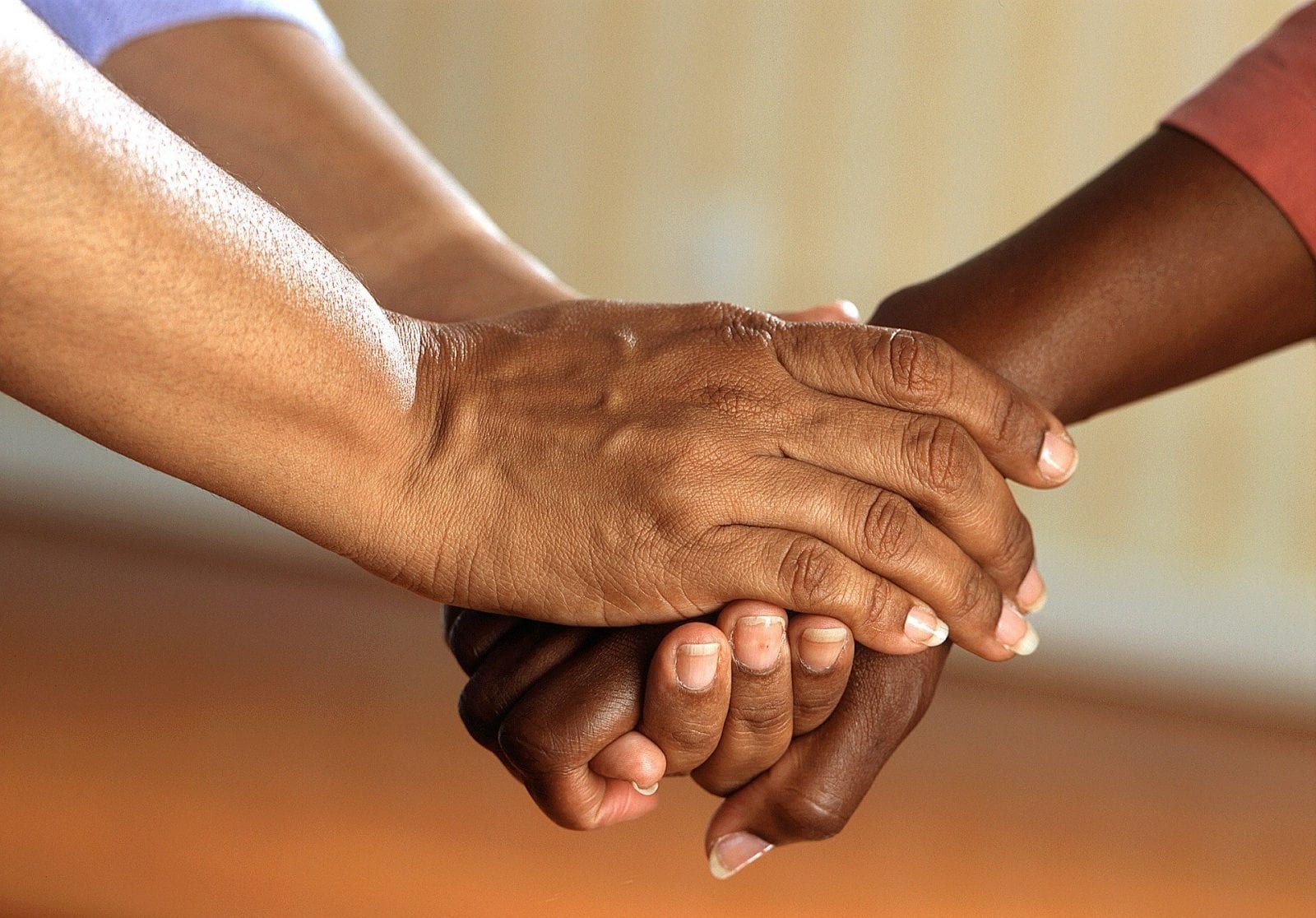
Author: Moses Rivera, PhD Student in Industrial-Organizational Psychology.
The COVID-19 pandemic represents a threat to workers’ health, family, job security, and personal finances. These threats cause people to experience a variety of negative emotions, according to Dr. Alicia Grandey, an Industrial-Organizational Psychologist from Penn State University. Grandey recently conducted an online workshop as part of the Research, Recovery & Reskill webinar series hosted by the Rosen College of Hospitality Management. Grandey’s research focuses on emotional labor—the process of managing how you show (or hide) your emotions at work—which workers in the hospitality industry are all too familiar with.
Hospitality workers are expected to deliver service with a smile. In the age of COVID-19, however, they are feeling anxious about their job and health. Whether we are working, furloughed, or otherwise unemployed, we feel some level of threat. According to Grandey, anxiety is a rational response to COVID-19; the problem is when we try to suppress this feeling. Right now, hospitality employees are faced with the burden of suppressing their anxiety and other negative emotions as part of their job.
Fortunately, there are strategies for hospitality workers to manage the burden of emotional labor. Grandey has recommendations that she summarizes in three parts: (1) Regulate, (2) Recover, and (3) Relate.
Regulate. According to Grandey, accepting our feelings is a great way to take away the negativity we sometimes associate with them (e.g., feeling bad for feeling bad). She suggests apps (there are many) to help us track our emotions, almost like a journal. Moreover, Grandey advises that we be selective in how much we expose ourselves to negative news, media, or people.
Recover. There are a variety of ways to lower our stress levels, and you may already have a list of the specific ways that you prefer to de-stress. In her workshop, Grandey discussed the importance of detaching from work by setting work-family boundaries, as well as the importance of relaxation. Whether you’re a homebody (e.g., video games, Netflix) or an outdoor adventurer (e.g., nature walk, private picnic), make sure you are taking the necessary time to recover. Those who need recovery the most are the ones who feel they don’t have time for it.
Relate. We are social creatures. The fact that our social options in a pandemic are limited can be frustrating. However, Grandey urges us to share our emotions with our coworkers. Even something as simple as a phone call out of the blue can do wonders to help you (and your coworker) feel connected. Furthermore, Grandey highlights the importance of understanding and relating to customers’ emotions. In an extreme situation, this strategy can be helpful for de-escalating conflict.
We hope that these steps offer some relief in these difficult times. The hospitality industry understands that this moment will not last forever. In the meantime, let’s help each other get through this moment. For information and registration for our upcoming online workshops in this series, visit the TRT Fall 2020 Workshop Series page.

For more questions about the Sunshine Education and Research Center and the Targeted Research Training Program, please contact Dr. Mindy Shoss at targetedresearch@ucf.edu.